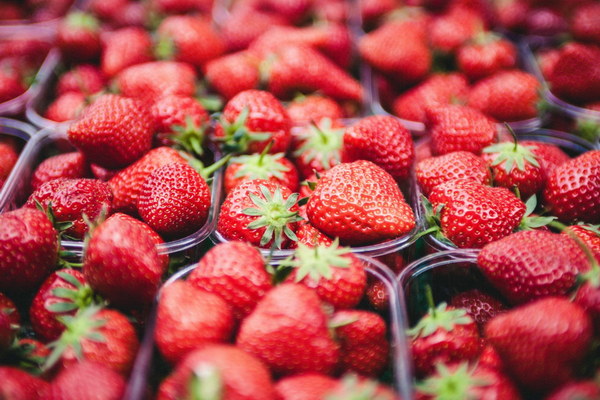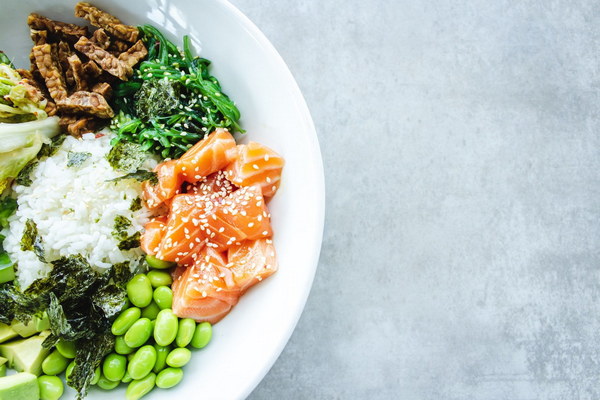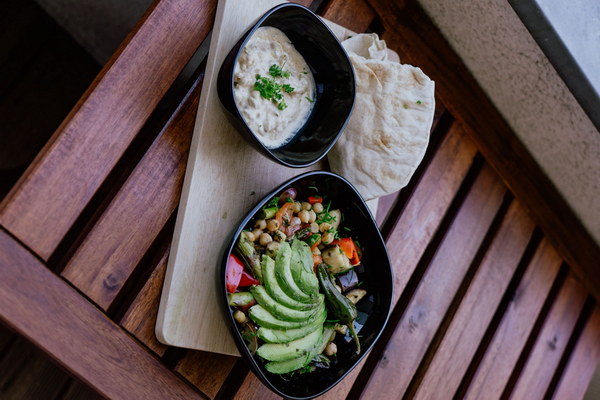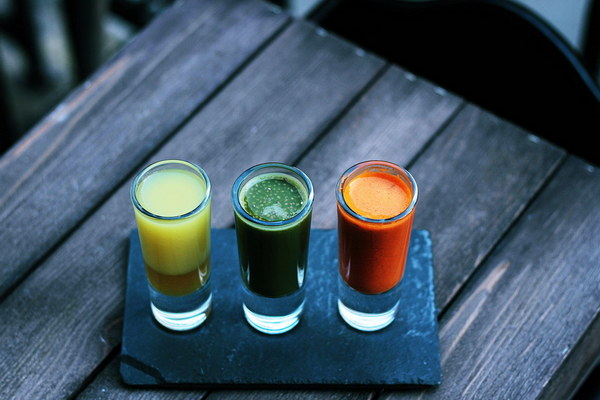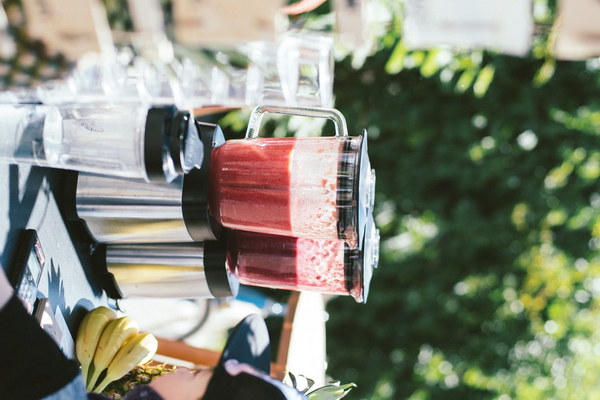Winter's Bounty Top 5 Vegetables for Boosting Health and Immunity
The article:
As the temperatures drop and winter approaches, our bodies often seek extra warmth and nourishment. This is where the concept of winter tonics comes into play, focusing on foods that can fortify our immune system and provide the necessary energy to battle the cold season. Among the vast array of vegetables available, some truly stand out as winter superfoods, offering a blend of nutrients that can help us stay healthy and vibrant throughout the colder months. Here are the top five vegetables to incorporate into your winter diet:
1. Sweet Potatoes
Sweet potatoes are not just a delightful side dish; they are a powerhouse of nutrients. Rich in beta-carotene, which the body converts into vitamin A, they help maintain healthy skin and a robust immune system. Additionally, sweet potatoes are high in fiber, which aids in digestion and can help keep you feeling full for longer. Their natural sweetness can also be a comforting treat on chilly evenings.
2. Kale
Kale has earned its reputation as a superfood for a good reason. Packed with vitamins A, C, and K, as well as antioxidants like quercetin, kale is a winter warrior against colds and flu. It's also a great source of calcium, which is essential for bone health, and iron, which can help combat seasonal fatigue. Roast kale chips for a crunchy snack or add it to soups and stews for added texture and nutrition.
3. Broccoli
Broccoli is another vegetable that thrives in the cooler months. It is loaded with vitamin C, which is known to boost the immune system, and also contains sulforaphane, a compound that has been shown to have anti-inflammatory and anti-cancer properties. Enjoy broccoli raw in salads, steamed, or roasted to retain its vibrant color and maximum nutrient content.
4. Carrots
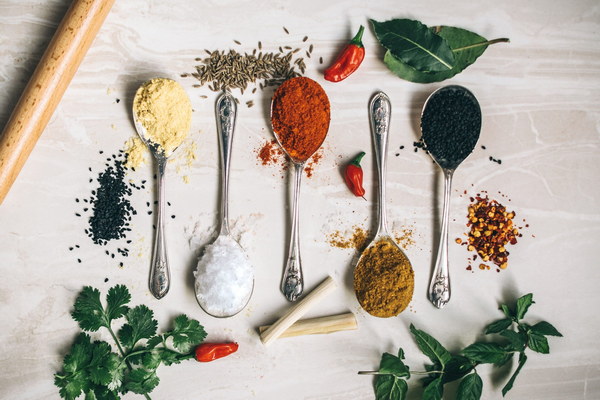
Carrots are synonymous with good vision, but they also offer a wealth of health benefits. High in beta-carotene, they support eye health and also act as a natural antioxidant, fighting off free radicals. Carrots are also a good source of dietary fiber, vitamin K, and potassium. They can be enjoyed in a variety of ways—raw, steamed, roasted, or even pureed into a creamy soup.
5. Pumpkin
Pumpkin is not just for Halloween; it's a fantastic winter vegetable that can be used in a multitude of recipes. It's rich in beta-carotene and vitamin A, which are crucial for maintaining healthy skin and mucous membranes. Pumpkins also contain a significant amount of fiber, which helps regulate digestion and can aid in weight management. Whether you're making pumpkin pie, pumpkin soup, or pumpkin bread, this versatile vegetable is a warming addition to your winter meals.
To maximize the benefits of these winter vegetables, it's important to prepare them in a way that retains their nutrients. Steaming, roasting, or sautéing with minimal oil and seasoning can help preserve the vitamins and minerals. Additionally, incorporating these vegetables into a balanced diet that includes lean proteins, healthy fats, and whole grains will ensure that your body gets everything it needs to thrive during the winter season.
Remember, the key to staying healthy during the winter is not just about eating the right foods but also about maintaining a healthy lifestyle overall. Regular exercise, adequate sleep, and managing stress are all important factors in keeping your immune system strong. So, embrace the bounty of winter vegetables and let nature's own remedies warm you up from the inside out.
